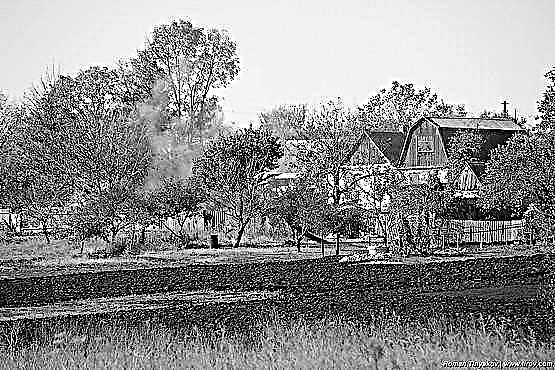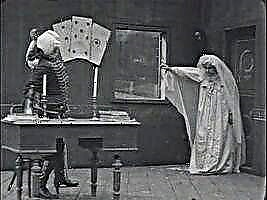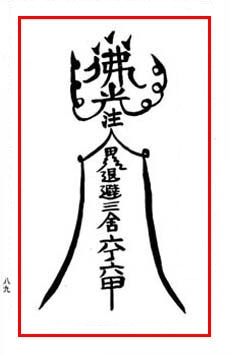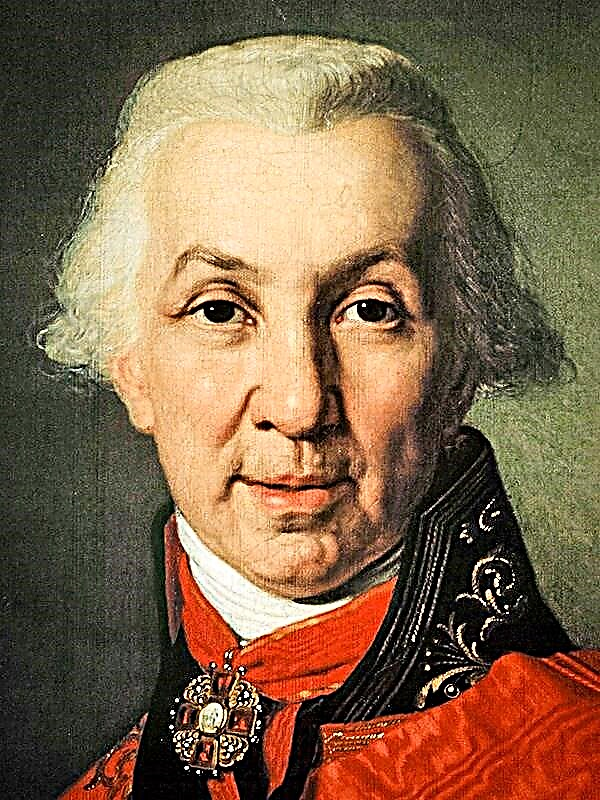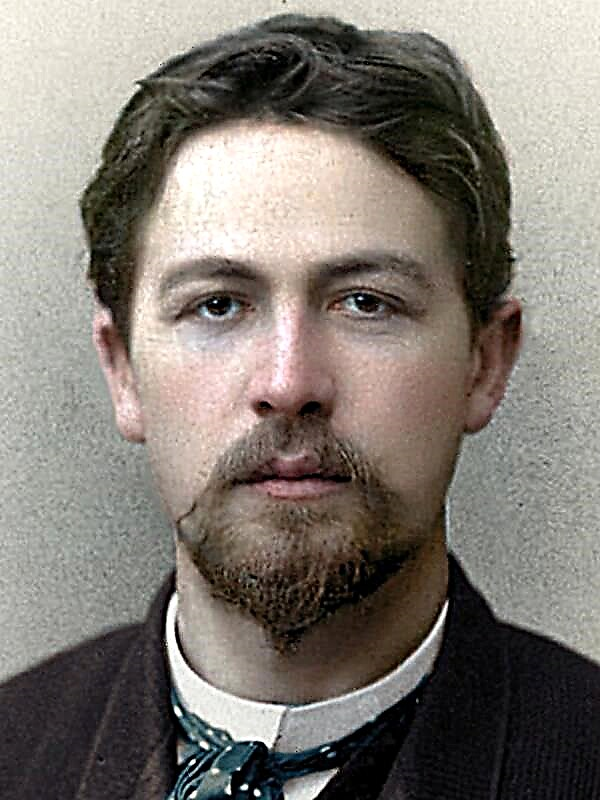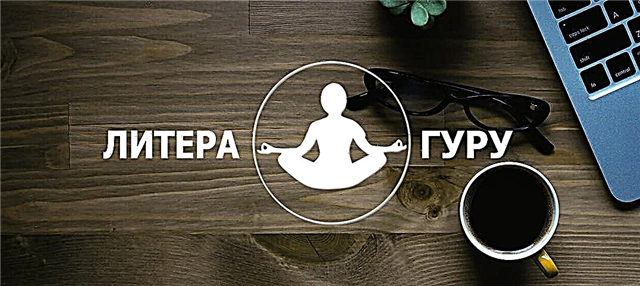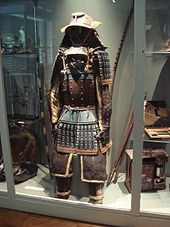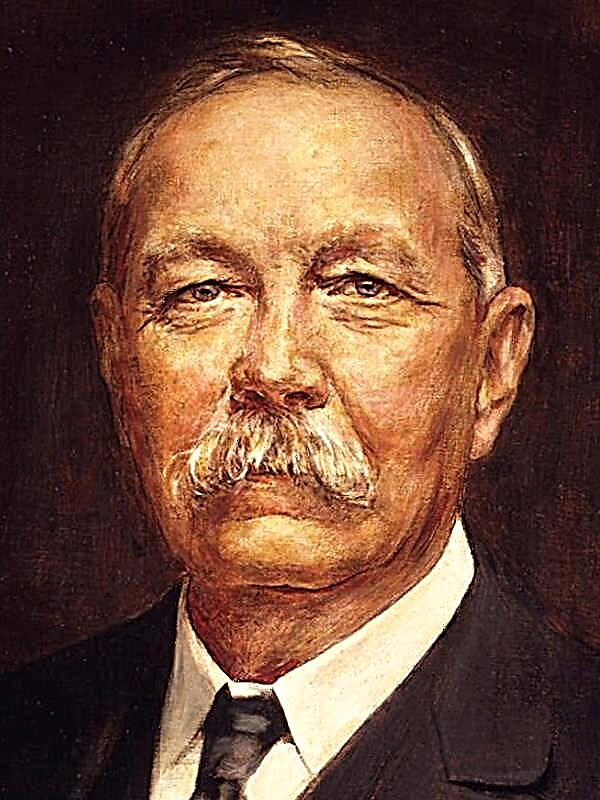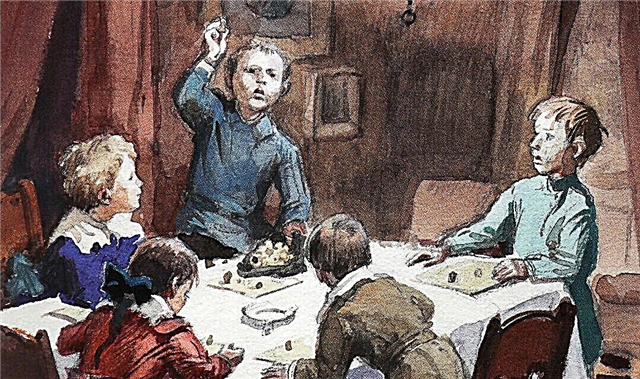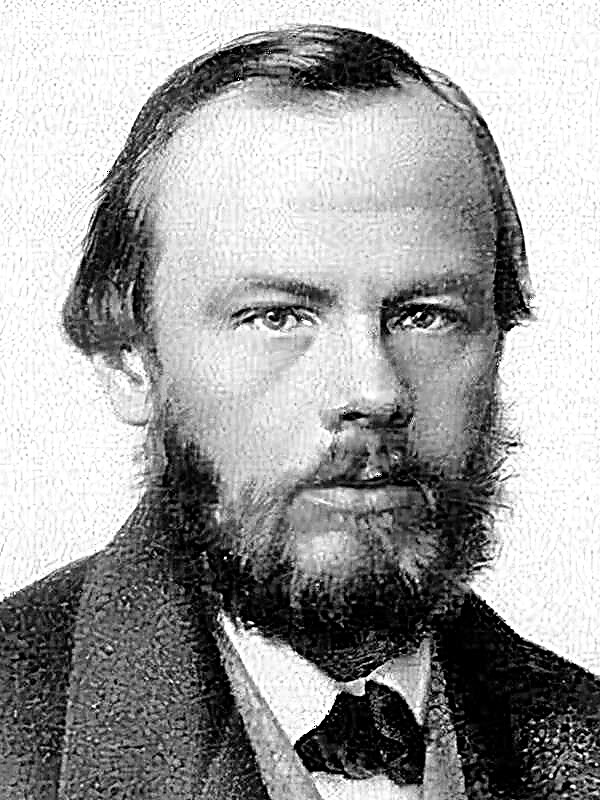(401 words) “Fathers and Sons” is a designation of different generations, which already contains the opposition of one to another. When we hear this phrase, we recall the novel of the same name by I. S. Turgenev, where representatives of different age groups conflict with each other. It is this association that puts the intonation of the confrontation in the famous phrase. It can be illustrated by examples from the literature in order to better understand the meaning of this phrase.
For example, we see the confrontation between fathers and children in the play “Thunderstorm” by A. N. Ostrovsky. Kabanova and Wild are a generation of fathers. Tikhon, Katerina, Varvara, Kudryash, Boris - this is a generation of children. Wise by experience, but spoiled by the authorities, old people dictate their rules of behavior to young people, impose traditions, canons and values of past years. Kabanova forces her daughter-in-law to live according to "Domostroi", to observe all the ancient and absurd customs of the patriarchal merchant environment. We recognize the “Fathers” by their conservative position, and not by the presence of offspring. We also produce children not by age. In the book, the heroes representing this group have long grown up, some of them have created a family. We recognize them by innovative ideas and rebellious actions. In the final, Varvara runs away from home with Kudryash, Tikhon blames the mother for the death of his wife, and Katerina violates all the taboos of her era - commits suicide. They have their own view of the world, do not agree with what the older generations preach to them. Thus, fathers and children are two types of people whom time shares with all its changes.
Another example was described by N. A. Nekrasov in the poem “To Whom It Is Good to Live in Russia”. But there, the heroes are even more divided by the furrow of time, because the reform of the abolition of serfdom, social upheaval and unrest, as well as increased tension in society changed the representatives of the new generation beyond recognition, compared with the previous generation. If Grisha Dobrosklonov’s father is a limp drunkard who was not distinguished by any social activity, his son is a revolutionary-minded and popular songwriter and poetry writer. He preaches the principles of a new civil society, is distinguished for his education and purity of thoughts. The fate predicted by the author differs significantly from the fate of his parent: Grisha faces penal servitude, because he will do everything possible to save his people from the tyranny of higher persons. So the “children” made the era when many events favored the organization of the human rights movement. In this book, fathers are a symbol of a joyless and powerless past, and children are a symbol of a bright and strong future for a country.
Thus, “fathers and children” is not a description of an incomplete family at all, but a phrase meaning two different generations: representatives of the conservative and wise by experience of the past and progressive young people who are responsible for the future. This phrase is also associated with a conflict, in which two opposing eras often enter.

